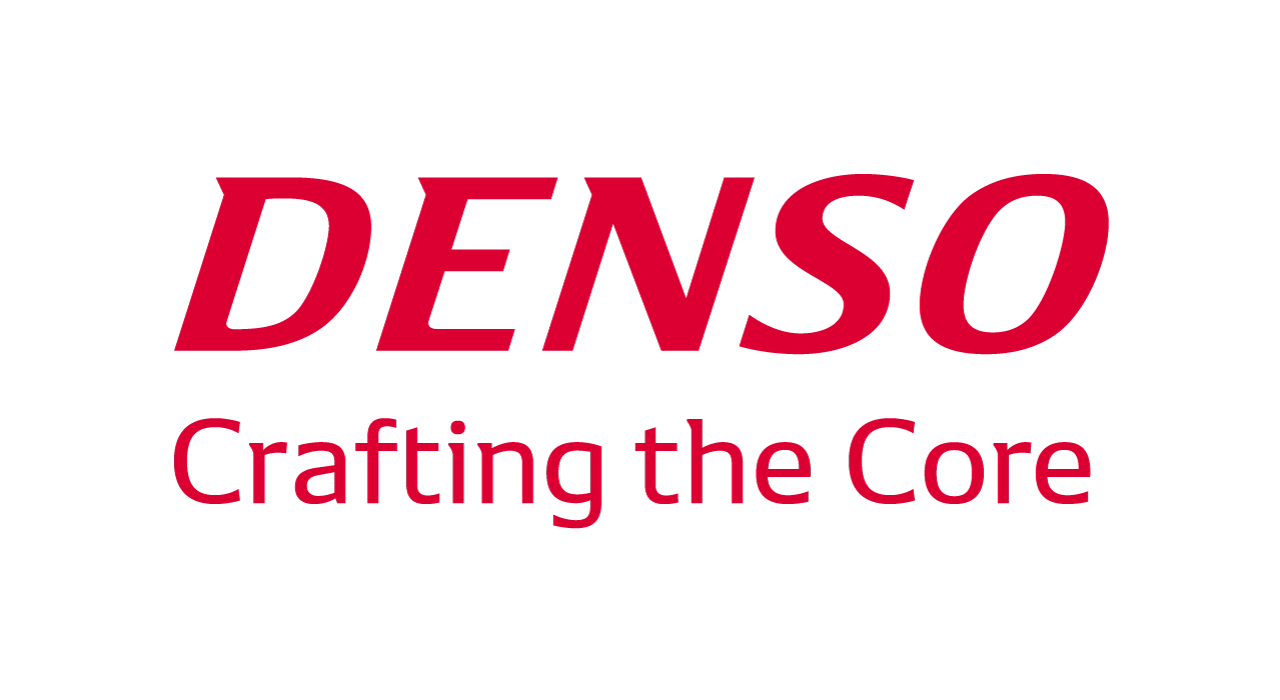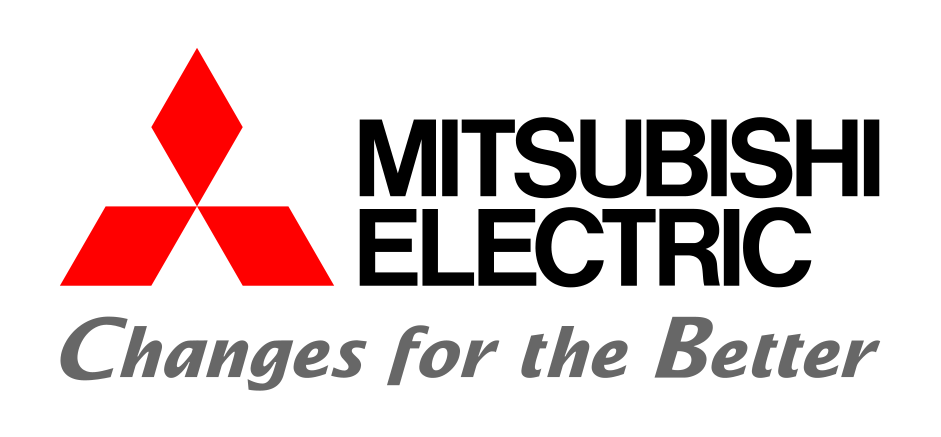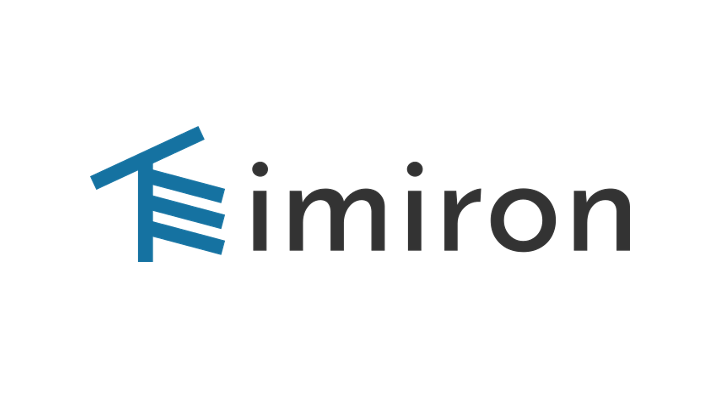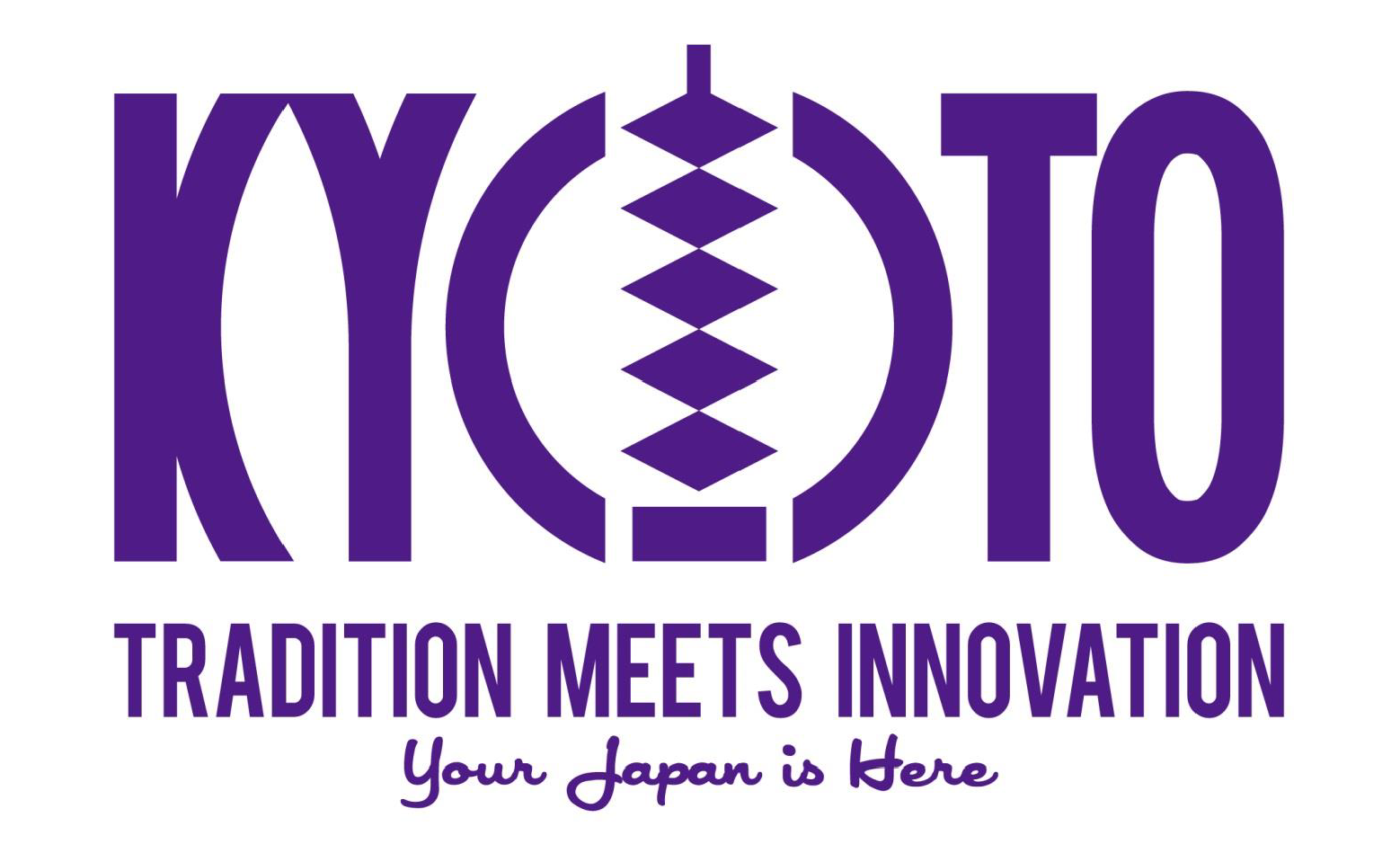The 22nd Asian Symposium on Programming Languages and SystemsAPLAS 2024
News
- [2025/04/14] The videos of the keynote talks and tutorials are available
- [2024/10/21] Preliminary proceedings are available (pwd protected)
- [2024/09/25] Information on social events announced
- [2024/08/24] List of accepted SRC & poster presentations announced
- [2024/07/16] **Registration opened!
- [2023/08/05] List of accepted papers announced
Introduction
 The 22nd Asian Symposium on Programming Languages and Systems (APLAS) aims to bring together programming language researchers, practitioners and implementors worldwide, to present and discuss the latest results and exchange ideas in all areas of programming languages and systems. This year’s conference is co-located with the 22nd International Symposium on Automated Technology for Verification and Analysis (ATVA)
The 22nd Asian Symposium on Programming Languages and Systems (APLAS) aims to bring together programming language researchers, practitioners and implementors worldwide, to present and discuss the latest results and exchange ideas in all areas of programming languages and systems. This year’s conference is co-located with the 22nd International Symposium on Automated Technology for Verification and Analysis (ATVA)
APLAS 2024 will be held in Kyoto, Japan from Tuesday 22nd to Thursday 24th October 2024. The conference includes the student research competition and the associated poster session. Following the main conference, the New Ideas and Emerging Results (NIER) workshop will be held on Friday 25th October 2024.
APLAS is organized by the Asian Association for Foundation of Software (AAFS), founded by Asian researchers in cooperation with many researchers from Europe and the USA. Past APLAS symposiums were held in Taipei (’23), Auckland (’22), Chicago (’21), Fukuoka (’20), Bali (’19), Wellington (’18), Suzhou (’17), Hanoi (’16), Pohang (’15), Singapore (’14), Melbourne (’13), Kyoto (’12), Kenting (’11), Shanghai (’10), Seoul (’09), Bangalore (’08), Singapore (’07), Sydney (’06), Tsukuba (’05), Taipei (’04) and Beijing (’03) after three informal workshops.
Keynote Speakers
Albert Cohen, Google
Naoki Kobayashi, University of Tokyo (Joint keynote speaker with ATVA 2024)
Sukyoung Ryu, KAIST
Sponsors
Silver Sponsors
Organizational Sponsor
Award Sponsor
Tue 22 OctDisplayed time zone: Osaka, Sapporo, Tokyo change
09:30 - 10:30 | Keynote 1Keynote at Yamauchi Hall Chair(s): Atsushi Igarashi Kyoto University, Oleg Kiselyov Tohoku University | ||
09:30 60mTalk | How to design, document, and implement programming languages Keynote Sukyoung Ryu KAIST | ||
10:30 - 11:00 | |||
11:00 - 12:30 | Type theory and Semantic FrameworksResearch Papers at Yamauchi Hall Chair(s): Oleg Kiselyov Tohoku University | ||
11:00 30mTalk | Comparing semantic frameworks of dependently-sorted algebraic theories Research Papers Benedikt Ahrens Delft University of Technology, Peter Lefanu Lumsdaine Stockholm University, Paige Randall North Utrecht University | ||
11:30 30mTalk | Random-access lists, from EE to FP Research Papers | ||
12:00 30mTalk | Generic Reasoning of the Locally Nameless Representation Research Papers | ||
12:30 - 14:00 | |||
14:00 - 15:30 | |||
14:00 30mTalk | Quantum Programming Without the Quantum Physics Research Papers Jun Inoue National Institute of Advanced Industrial Science and Technology, Japan | ||
14:30 30mTalk | Quantum Bisimilarity is a Congruence under Physically Admissible Schedulers Research Papers Lorenzo Ceragioli IMT Lucca, Italy, Fabio Gadducci University of Pisa, Giuseppe Lomurno University of Pisa, Italy, Gabriele Tedeschi University of Pisa, Italy | ||
15:00 30mTalk | Type-Based Verification of Connectivity Constraints in Lattice Surgery Research Papers Ryo Wakizaka Kyoto University, Atsushi Igarashi Kyoto University, Yasunari Suzuki NTT Computer and Data Science Laboratories | ||
15:30 - 16:00 | |||
Wed 23 OctDisplayed time zone: Osaka, Sapporo, Tokyo change
09:00 - 10:00 | |||
09:00 60mTalk | K-Pop the Ultimate Compilation: No Kernel Left Behind Keynote Albert Cohen Google DeepMind File Attached | ||
10:00 - 10:30 | |||
10:30 - 12:00 | Type theory and Semantic Frameworks IIResearch Papers at Yamauchi Hall Chair(s): Pierre-Evariste Dagand IRIF / CNRS | ||
10:30 30mTalk | Building A Correct-By-Construction Type Checker for a Dependently Typed Core Language Research Papers | ||
11:00 30mTalk | Extending the Quantitative Pattern-Matching Paradigm Research Papers Sandra Alves University of Porto, Delia Kesner Université Paris Cité - CNRS - IRIF; Institut Universitaire de France, Miguel Ramos Universidade do Porto, LIACC; Université Paris Cité, IRIF, CNRS | ||
11:30 30mTalk | On Computational Indistinguishability and Logical Relations Research Papers Ugo Dal Lago University of Bologna & INRIA Sophia Antipolis, Zeinab Galal University of Bologna, Giulia Giusti ENS Lyon | ||
12:00 - 14:00 | |||
15:40 - 16:00 | |||
16:00 - 17:00 | Probabilistic and Declarative ProgrammingResearch Papers at Yamauchi Hall Chair(s): Oleg Kiselyov Tohoku University | ||
16:00 30mTalk | Hybrid Verification of Declarative Programs with Arithmetic Non-Fail Conditions Research Papers Michael Hanus Kiel University | ||
16:30 30mTalk | Explaining Explanations in Probabilistic Logic Programming Research Papers German Vidal Universitat Politecnica de Valencia | ||
Thu 24 OctDisplayed time zone: Osaka, Sapporo, Tokyo change
09:00 - 10:00 | |||
09:00 60mTalk | High-Order Fixpoint Logic for Automated Program Verification Keynote Naoki Kobayashi University of Tokyo | ||
10:30 - 11:00 | |||
10:30 - 12:00 | |||
10:30 30mTalk | Effective Search Space Pruning for Testing Deep Neural Networks Research Papers Bala Rangaya Singapore University of Technology and Design, Eugene Sng Ministry of Defence of Singapore, Minh-Thai Trinh Illinois Advanced Research Center at Singapore Ltd. | ||
11:00 30mTalk | Non-deterministic, probabilistic, and quantum effects through the lens of event structures Research Papers Vitor Fernandes University of Minho, Marc de Visme Université Paris-Saclay, CNRS, INRIA-SIF, LMF, Benoît Valiron Université Paris-Saclay, CNRS, CentraleSupélec, LMF | ||
11:30 30mTalk | Relative Completeness of Incorrectness Separation Logic Research Papers File Attached | ||
12:00 - 14:30 | |||
14:30 - 15:30 | |||
14:30 30mTalk | A Formal Verification Framework for Tezos Smart Contracts Based on Symbolic Execution Research Papers | ||
15:00 30mTalk | Mode-based Reduction from Validity Checking of Fixpoint Logic Formulas to Test-Friendly Reachability Problem Research Papers Hiroyuki Katsura The University of Tokyo, Naoki Kobayashi University of Tokyo, Ken Sakayori University of Tokyo, Ryosuke Sato Tokyo University of Agriculture and Technology | ||
15:30 - 16:00 | |||
16:00 - 17:00 | |||
16:00 30mTalk | Efficiently Adapting Stateless Model Checking for C11/C++11 to Mixed-Size Accesses Research Papers Shigeyuki Sato The University of Electro-Communications, Taiyo Mizuhashi The University of Tokyo, Genki Kimura The University of Tokyo, Kenjiro Taura The University of Tokyo | ||
16:30 30mTalk | OBRA: Oracle-based, relational, algorithmic type verification Research Papers Lisa Vasilenko IMDEA Software Institute and HSE University, Gilles Barthe MPI-SP; IMDEA Software Institute, Niki Vazou IMDEA Software Institute | ||
Accepted Papers
Call for Submissions
Scope
We solicit submissions in the form of regular research papers describing original scientific research results, including system development and case studies. Among others, solicited topics include:
- programming paradigms and styles: functional, object-oriented, probabilistic, logic, constraint programming; extensible programming languages; programming languages for systems code; novel programming paradigms;
- methods and tools to specify and reason about programs and languages: programming techniques; meta-programming; domain-specific languages; proof assistants; type systems; dependent types; program logics, static and dynamic program analysis; language-based security; model checking; testing;
- programming language foundations: formal semantics; type theory; logical foundations; category theory; automata; effects; monads and comonads; recursion and corecursion; continuations and effect handlers; program verification; memory models; abstract interpretation;
- methods and tools for implementation: compilers; program transformations; rewriting systems; partial evaluation; virtual machines; refactoring; intermediate languages; run-time environments; garbage collection and memory management; tracing; profiling; build systems; program synthesis;
- concurrency and distribution: process algebras; concurrency theory; session types; parallel programming; service-oriented computing; distributed and mobile computing; actor-based languages; verification and testing of concurrent and distributed systems;
- applications and emerging topics: programming languages and PL methods in education, security, privacy, database systems, computational biology, signal processing, graphics, human-computer interaction, computer-aided design, artificial intelligence and machine learning; case studies in program analysis and verification.
Submission Information
Submissions should not exceed 17 pages, excluding bibliography, in the Springer LNCS format. LaTeX template is available at Springer’s Information for Authors. The accepted papers will be allowed one extra page to accommodate reviewers’ feedback.
Additional material intended for reviewers but not for publication in the final version -– for example, details of proofs -– may be placed in a clearly marked appendix that is not included in the page limit. The paper must be understandable without the appendix, however. Reviewers are not obligated to review it.
Submitted papers must be unpublished and not submitted for publication elsewhere. Papers must be written in English. Accepted papers must be presented at the conference. For further details, please consult Springer Nature Code of Conduct for Authors.
Papers should be submitted via HotCRP: https://aplas24.hotcrp.com/
Reviewing process
As before, APLAS 2024 uses light double-blind reviewing process, with a rebuttal phase to address factual errors and minor misunderstandings. Reviewers will not see author names until they submit a review. Therefore, the authors must adhere to the following rules:
- omit your names and institutions;
- refer to your prior work in the third person, just as you refer to prior work by others;
- omit the acknowledgments.
The purpose of this process is to help the reviewers come to an initial judgement about the paper without bias, not to make it impossible for them to discover the authors if they were to try. Nothing should be done in the name of anonymity that weakens the submission or makes the job of reviewing the paper more difficult (e.g., important background references should not be omitted or anonymized). In addition, authors should feel free to disseminate their ideas or draft versions of their paper as they normally would. For instance, authors may post drafts of their papers on the web or give talks on their research ideas. For more details, see the FAQ (on the OOPSLA submission site) https://2023.splashcon.org/track/splash-2023-oopsla#double-blinding-submissions-authors
The proceedings will be published as a volume in Springer’s LNCS series. Previous APLAS proceedings https://link.springer.com/conference/aplas can be found on SpringerLink. Authors interested in making their contributions Open Access please refer to Springer’s webpage https://www.springer.com/gp/computer-science/lncs/open-access-publishing-in-computer-proceedings for additional information, or contact the organizers.
Best Paper Award
APLAS 2024 continues the tradition of the best paper award. The award will be announced on this website, and printed certificates will be issued to the authors in the conference.







